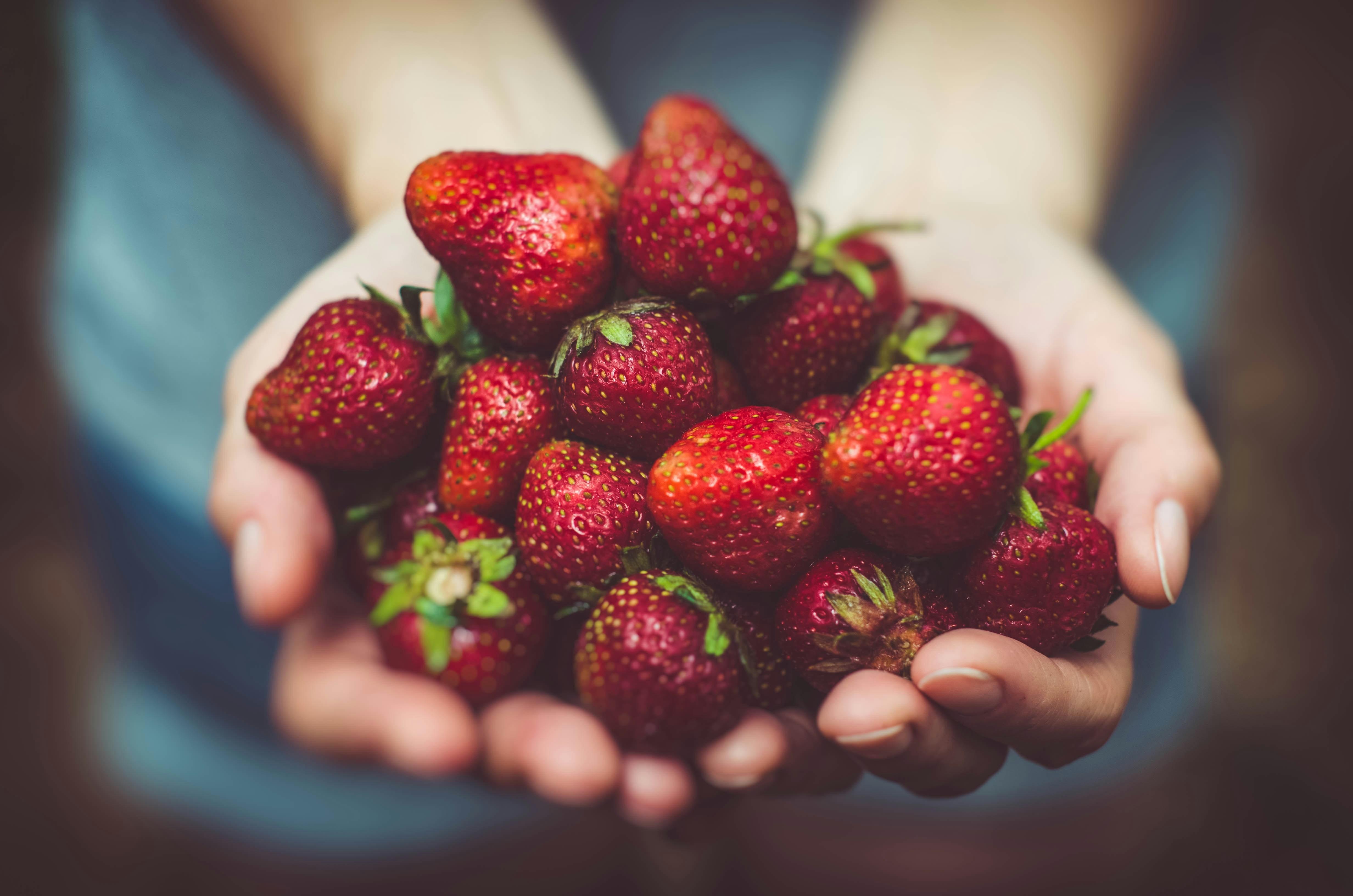In the intricate dance of human connection, emotional dependency often waltzes in, uninvited yet undeniably present. It weaves itself into the fabric of relationships, offering both comfort and complexity. But should this reliance on another’s emotional presence be embraced as a natural rhythm or carefully untangled like a thread from a tapestry? As we delve into the nuances of emotional dependency, we find ourselves at a crossroads, exploring whether it serves as a cornerstone of intimacy or a barrier to personal growth. This article seeks to unravel these threads, examining the delicate balance between connection and independence in the symphony of relationships.
Navigating the Complexities of Emotional Dependency
Understanding the intricate web of emotional dependency requires a nuanced approach. It’s essential to recognize that emotional dependency can manifest in various forms, from subtle reliance to overwhelming neediness. While it’s natural to lean on loved ones for support, the line between healthy interdependence and unhealthy dependency can often blur. Here are a few considerations to keep in mind:
- Balance is Key: Strive for a partnership where both individuals support each other, fostering growth rather than stifling independence.
- Self-awareness: Cultivate an understanding of personal emotional triggers and patterns, allowing for healthier interactions.
- Communication: Open and honest dialogue can prevent misunderstandings and reinforce trust, ensuring that both partners feel valued and heard.
By focusing on these elements, couples can navigate the complexities of emotional dependency, transforming potential challenges into opportunities for deeper connection.

Understanding the Roots: Why Emotional Dependency Develops
Emotional dependency often traces its origins to a variety of psychological and environmental factors. Childhood experiences play a significant role, as individuals who grew up in environments lacking emotional support may seek validation in their adult relationships. This need for constant reassurance can stem from unresolved childhood insecurities.
- Attachment Styles: Those with an anxious attachment style are more prone to dependency, seeking closeness to alleviate fears of abandonment.
- Past Trauma: Unresolved trauma can lead individuals to lean heavily on partners for emotional stability.
- Societal Influences: Cultural narratives that romanticize the idea of being “completed” by another person can perpetuate dependency.
Understanding these roots is crucial for addressing emotional dependency in relationships. By recognizing the underlying causes, individuals can work towards fostering healthier, more balanced connections.
 Relationships“>
Relationships“>
Balancing Connection and Independence in Relationships
In the intricate dance of relationships, finding the equilibrium between connection and independence is crucial. While emotional closeness can enrich bonds, an over-reliance on your partner may stifle personal growth and lead to feelings of suffocation. Striking a balance involves recognizing the value of both shared experiences and personal space.
Consider the following ways to nurture both aspects:
- Foster Open Communication: Regularly discuss boundaries and needs to ensure both partners feel heard and respected.
- Encourage Personal Interests: Support each other in pursuing individual hobbies and passions, which can lead to a more fulfilled and enriched relationship.
- Practice Mindful Presence: Be fully engaged during shared moments, but also allow for solitary time to recharge and reflect.
By weaving independence into the fabric of your connection, you create a resilient partnership that thrives on mutual respect and personal fulfillment.

Strategies for Fostering Healthy Emotional Interdependence
Emotional interdependence can be nurtured through intentional practices that respect individual autonomy while fostering a deep connection. Open communication is key; partners should feel safe to express their emotions and thoughts without fear of judgment. Encouraging this openness builds trust and understanding, creating a balanced emotional ecosystem.
Additionally, cultivating shared experiences can enhance emotional bonds. Whether it’s exploring new hobbies, traveling, or simply enjoying a quiet evening together, these moments contribute to a shared narrative. Here are some strategies to consider:
- Practice active listening: Give full attention to your partner’s words, acknowledging their feelings and perspectives.
- Establish boundaries: Recognize and respect each other’s limits to maintain a healthy sense of self.
- Celebrate individuality: Encourage personal growth and self-discovery, supporting each other’s goals and passions.
By weaving these strategies into daily life, couples can enjoy a harmonious balance between closeness and independence, crafting a relationship that thrives on mutual support and respect.



